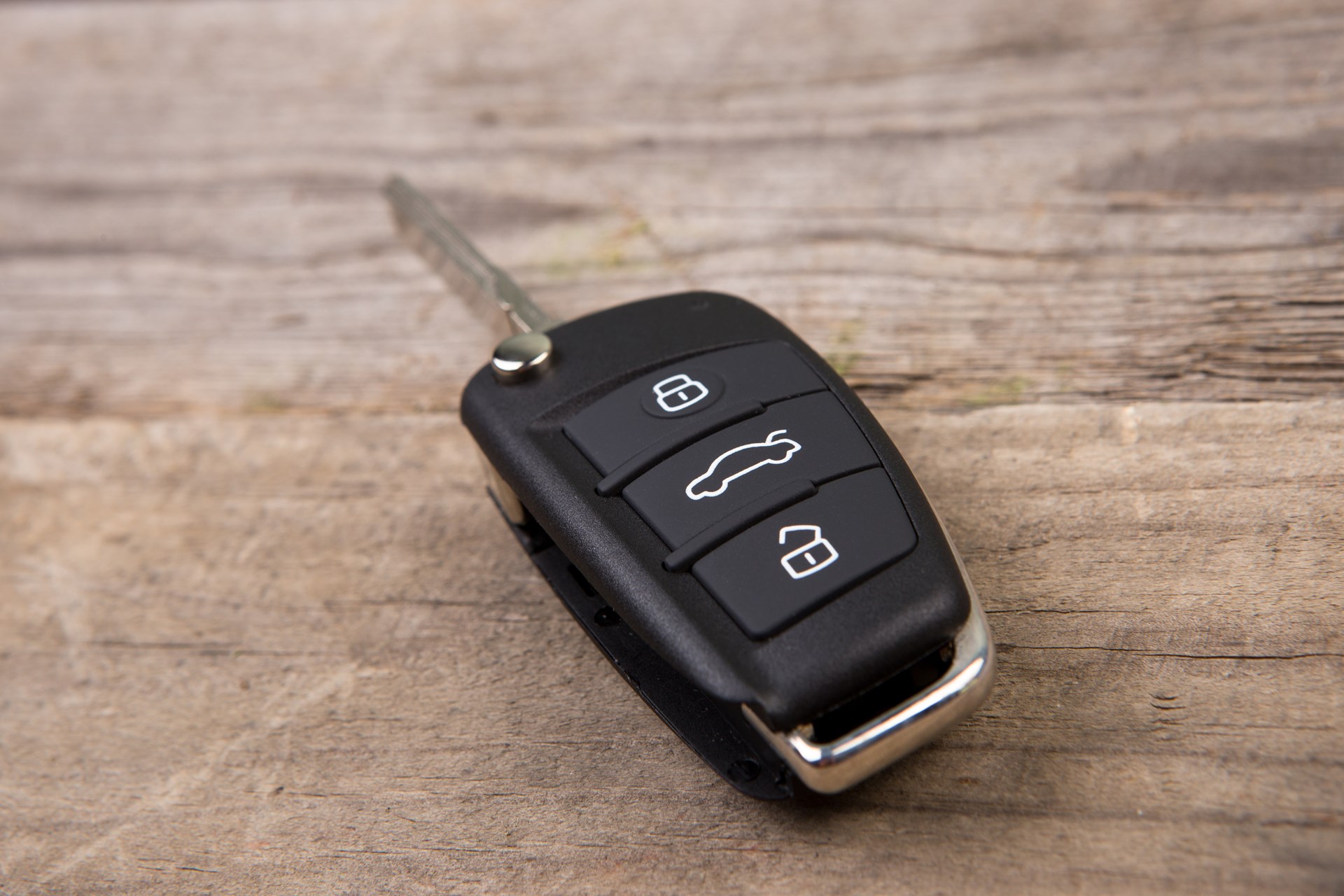Talking to loved ones about giving up driving
Think back to when you passed your driving test and the feelings of elation you had - your freedom and independence to be able to go wherever you liked. Now imagine what it would be like to give that up.
Although there’s no legal age when someone has to give up driving, if you’re concerned about your relative’s ability to drive - especially if you think they are putting themselves and other road users in danger -then it’s important to discuss it.
Have they had an accident or a few near misses? Or perhaps you’ve heard from their friends or other relatives that they’re not comfortable getting in the car with them. These are all signs that you should make time to sit down and talk about giving up driving.
Giving up driving can be a difficult and emotional subject to talk about. Your relative could be concerned about their own driving but may not have said anything perhaps because they are worried about becoming more reliant on others, not being able to go to social events, or losing part of their independence.
Below we suggest ways to get the conversation started.
Starting the conversation
Bear in mind that this topic could come as a shock or sound as if you are being critical of their ability. It’s therefore important to broach the subject with sensitivity, and gently remind them that the safety of themselves and other road users is the most important thing.
As with most difficult conversations, starting them before the issue arises often produces the best outcome. However, if you already have concerns about a loved ones driving you should talk to them immediately.
Questions to get them thinking
- Has you doctor mentioned anything about your medication affecting your driving ability?
- How do you feel about driving in the dark?
- How do you feel about driving on the motorway?
- Do you have any aches or pain when you are driving?
- How confident do you feel about driving on your own?

What are the next steps?
Have a driving assessment
One of the first thing they should do is have a driving assessment – it’s not a test, and is confidential, but it will help them to understand why their driving might be changing and the next steps they can take that could help them keep driving for longer.
Health
The next thing to think about is their health. It would be beneficial for them to have a check up with their GP and have a review of any medication they are taking, because it may have side effects that are affecting their ability to drive.
When was the last time they had their hearing or eyesight tested? Sight is obviously very important for driving, and eye tests are free for people over 60, so it’s worth having an eye test to detect any changes.
You can get free hearing tests on the NHS, but it can take time to see a specialist, if needed. Being able to hear properly is important in case you have to make way for emergency vehicles, so this should be high on the priority list.
Have they been diagnosed with a new health condition or do they have a long-term health problem? Certain medical conditions can affect your ability to drive, and for some of them you must report the condition to the DVLA, you can find out more information for specific medical conditions on the gov.uk website
Make changes to driving habits
If they aren’t as confident with driving anymore, they could go on a refresher course which could help to enhance their skills and give added reassurance. It might be that they don’t have to give up driving entirely, but instead only use the car for shorter journeys, avoiding motorways, morning and evening rush hours and not driving at night.
What alternatives are there to driving?
- If they are mobile and able to, they might consider getting a bike or walking to places.
- Check to see if they qualify for free bus travel on gov.uk for residents in England and Wales, on Transport Scotland or on NI Direct for more information.
- They could buy a senior railcard to get discounts on their train fares throughout the year.
- Charities including Royal Voluntary Service and Age UK offer community transport services.
- Using taxis, not the cheapest option, but if they only need to make a few trips here and there, it can still be cheaper than running their own car.
- Car sharing with friends and family.
- Using a mobility scooter or powered wheelchair, which can help them to remain independent.
Next steps
Difficult conversations in later life
As our loved ones get older, it can be difficult for them to tell us when they need help. And talking to our loved ones about their changing abilities and needs, can equally be as difficult a subject for us too. So, we’ve made a list of ideas about how to get started.
Healthy eating and nutrition
Eating healthily is important for all of us no matter what stage of life we’re in, however ensuring you have plenty of nutritious foods in your diet throughout later life will help you stay active and healthy for longer.
Looking after your mental wellbeing
Living a healthy lifestyle in old age is not just about looking after your physical health and fitness, but about making sure that you look after your mental wellbeing too.


